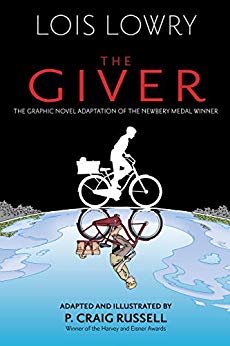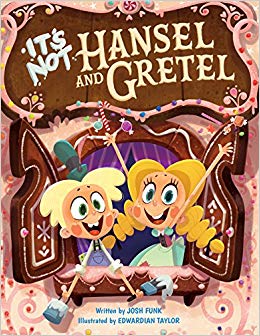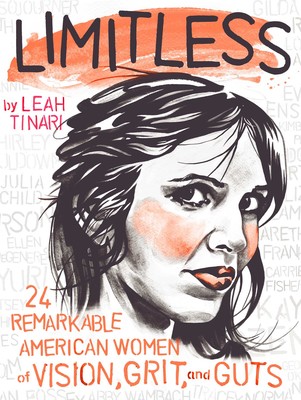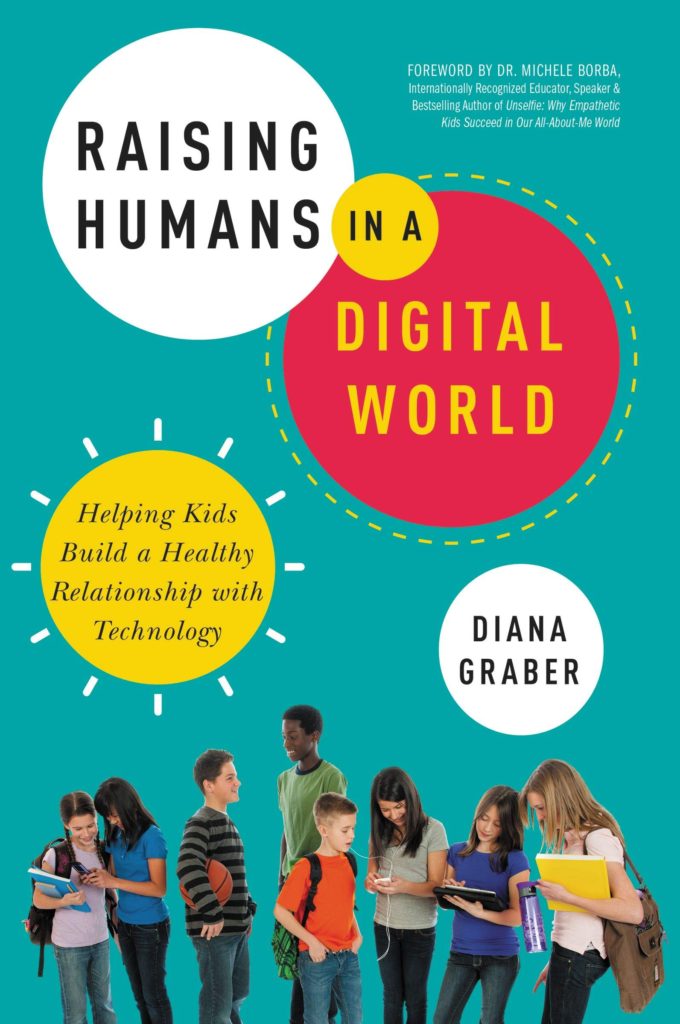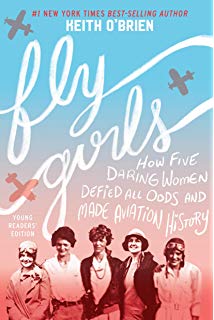
The first female pilots in the U.S. had to fight for the ability to fly airplanes and compete in races against men. At the time, during the 1920s and 30s, it was thought that women didn’t have the stamina and capacity to perform in stressful situations the same way men did. There was also a societal emphasis on protecting women and limiting the roles they could take on outside of being wives and mothers.
Five daring women in particular pushed against those boundaries and paved the way for others to be taken seriously as pilots. Keith O’Brien chronicles their lives and the struggles they faced in his book, Fly Girls: How Five Daring Women Defied All Odds and Made Aviation History.
Most everyone is familiar with one of those women, Amelia Earhart, whose disappearance over the Pacific Ocean 1937 is still being puzzled over. The others, Florence Klingensmith, Ruth Elder, Ruth Nichols, and Louise Thaden, are lesser known but played as crucial a role as Earhart. They all risked their lives for a passion that at the time was dangerous for anyone, as planes often failed and crashed.
O’Brien brings the stories of these trailblazers to light, revealing the challenges they faced and how they overcame them. It’s a great way for young readers to not only learn about these specific pilots, but also about the early days of aviation and gender roles from the early 20th century. I recommend Fly Girls for mother-daughter book clubs with girls ages 10 and up.
The publisher provided me with a copy of this book in exchange for my honest review.


